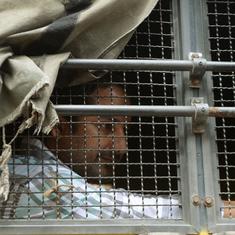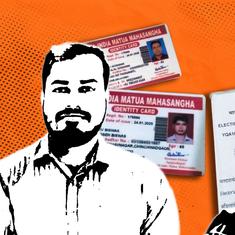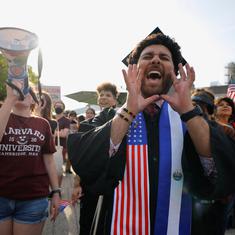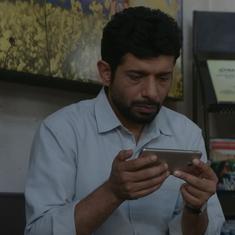NIA says bail condition for Bhima Koregaon accused violates privacy of investigating officers
The Supreme Court had told Arun Ferreira and Vernon Gonsalves to pair their mobile phones with those of the investigating officers.

The National Investigation Agency said on Thursday that the Supreme Court’s bail condition that activists Arun Ferreira and Vernon Gonsalves pair their mobile phones with investigating officers could violate the privacy of those officials.
“The NIA expressed its difficulties in complying with the bail condition that the devices of the accused should be paired with the investigating officers,” Susan Abraham, a lawyer who is part of the defence team representing the accused persons in the Bhima Koregaon case told Scroll. “The special court told them to approach the Supreme Court to seek a modification of the bail condition.”
Ferreira and Gonsalves were granted bail in the Bhima Koregaon case on July 28. Both had been under detention for almost five years, since August 28, 2018, booked under provisions of the Indian Penal Code and the stringent Unlawful Activities (Prevention) Act.
They were among 16 people arrested after caste violence in Bhima Koregaon, near Pune, on December 31, 2017. The police say these people had been involved in organising an event the previous day at which provocative speeches were made, purportedly leading to the riots.
The 16 arrested persons have also been accused of conspiring to kill Prime Minister Narendra Modi and having links with the Communist Party of India (Maoist).
While granting bail, a bench of Justices Aniruddha Bose and Sudhanshu Dhulia had imposed unusually restrictive bail conditions on Ferreira and Gonsalves.
They were asked to keep the “location status of their mobile phones active 24 hours a day” and “pair” them with those of the investigating officer of the NIA to enable the officer to identify Ferreira’s and Gonsalves’ exact location “at any given time”.
The court had also ordered that Gonsalves and Ferreira not be allowed to leave Maharashtra till the trial in the case is over. The two activists were also asked to surrender their passports.
Also Read: Bhima Koregaon accused asked to share phone location while on bail. Is this constitutional?









